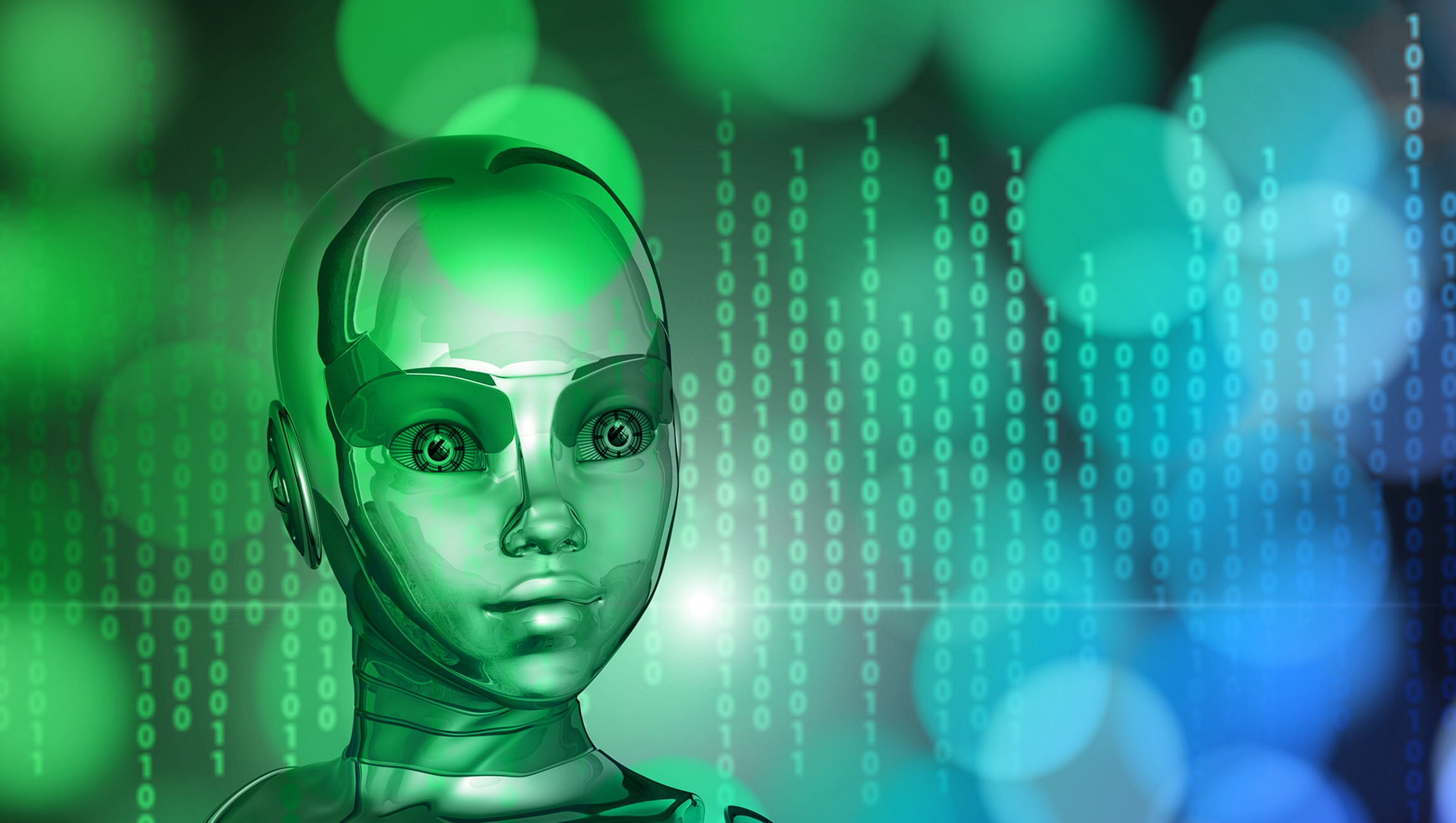![]() Ever since AI has emerged as a viable technology – it has been seen to revolutionize everything from driving a car to requesting asking a Google assistant to set an appointment for a haircut. Skeptics worry about job losses and a robotic takeover of our race. Although many of the scenarios are still in the early phase of the hype-cycle, there have been a number of exemplary use cases of AI, including a good many that seek to change the world for the better.
Ever since AI has emerged as a viable technology – it has been seen to revolutionize everything from driving a car to requesting asking a Google assistant to set an appointment for a haircut. Skeptics worry about job losses and a robotic takeover of our race. Although many of the scenarios are still in the early phase of the hype-cycle, there have been a number of exemplary use cases of AI, including a good many that seek to change the world for the better.
Much of the momentum driving AI so far has come from more commercial applications. Whether that’s companies using AI to extract insight from their Big Data, or applying AI to streamline back-end processes, it has been business use that has gathered much of the attention, deployment, and investment.
That is gradually starting to change though as the milieu evolves. There is a growing realization that the world is facing a number of significant challenges it can longer ignore, from climate change to better health and wellbeing, and from widespread education to eliminating poverty. AI can play an important role in helping to address some of these challenges, and in doing so will drive the technology firmly into the mainstream.
Read More: In-App Versus Open Web: Adopting Strategies for Optimal Customer Engagement
AI for Good Global Summit
Earlier this year I was fortunate enough to be invited to present at the AI for Good Global Summit, along with organizations including Microsoft, Mastercard, and the XPRIZE Foundation, as well as influencers such as a world chess champion and the AI Strategic Advisor to President Macron.
It’s an event that’s designed to display AI projects and innovations for sustainable development. Attending such an event and networking with governments and NGOs as well as businesses, really illustrated AI’s potential to make a difference, particularly in helping to address the United Nations’ Sustainable Development Goals (SDGs).
These were introduced in 2015 as part of the UN’s 2030 Agenda for Sustainable Development, a ‘global blueprint for dignity, peace, and prosperity for people and the planet, now and in the future’. The UN announced 17 different but interconnected Sustainable Development Goals (SDGs), adopted by 193 UN member states and all designed to drive change in their respective areas.
It is the responsibility of both the private and public sector in the 193-member states to make each SDG happen and this collective effort was certainly clear from watching others presenting and from people’s reactions to my presentation, which focused on online child safety.
Read More: How to Optimize Video for Social Media Marketing
Using AI to Keep Children Safe Online
Online child safety falls under SDGs three and four – good health and wellbeing and quality education. Given that one in three internet users is a child under the age of 18, this is hugely important. These are highly engaged users, using the internet for most elements of their lives, from entertainment to social interaction and much more besides.
So the industry needs to better educate and empower young users to have a more positive online experience and AI can play a major role in this. Children are curious and banning them from certain websites or services is unlikely to succeed. But using AI to identify any wellbeing and online safety markers of a child and then offering tailored real-time help and guidance as that child interacts with the device and any specific online services, is a much more effective approach.
AI can help children with advice, support, and interventions to address issues like cyberbullying, privacy and sharing of personal information, encouraging them to make better choices and to develop resilience in the digital world.
With new developments in EDGE AI, much support and guidance can be offered to children on the basis of AI which can run privately on their devices and hence respect both their data and their rights.
There are many examples of both start-ups and large companies that are working on AI-based projects that address UN SDGs. It requires more collective effort and collaboration across industry and government, but doing so will deliver the potential of AI more effectively than the status quo when many great use cases are stymied by the poor appetite of the average investor.
We only have one attempt at keeping the planet habitable and safe and AI will be a prime technology in doing so.
Read More: Navigating the Consumer Privacy Landscape: New Approaches Offer Solutions for Marketers











